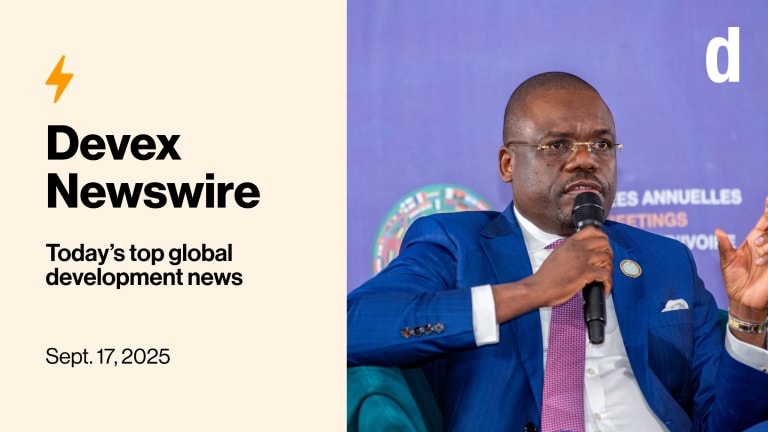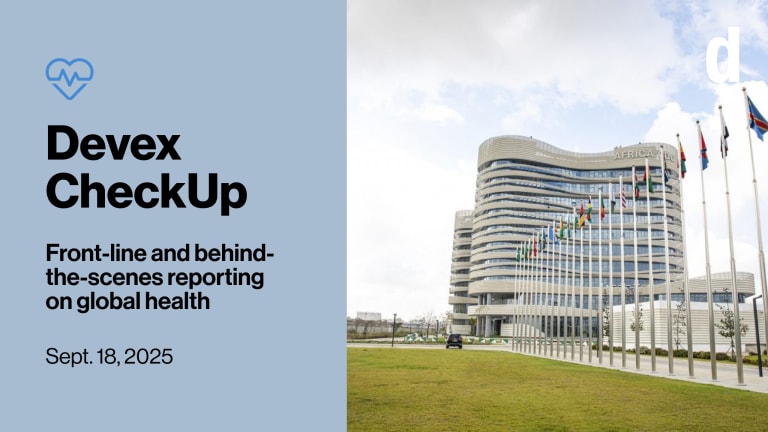When it came time for Africa’s leading public health agency to choose an event planner for its flagship conference, a Zambian company won the bid for $618,638.
But they were ultimately paid nearly $2.4 million.
The invitation for bids for the job had only been sent to four companies — when it should have been open to the public. People not qualified in procurement evaluated the company proposals — and didn’t follow the rules. The contracted company breached the contract.
Printing articles to share with others is a breach of our terms and conditions and copyright policy. Please use the sharing options on the left side of the article. Devex Pro members may share up to 10 articles per month using the Pro share tool ( ).








